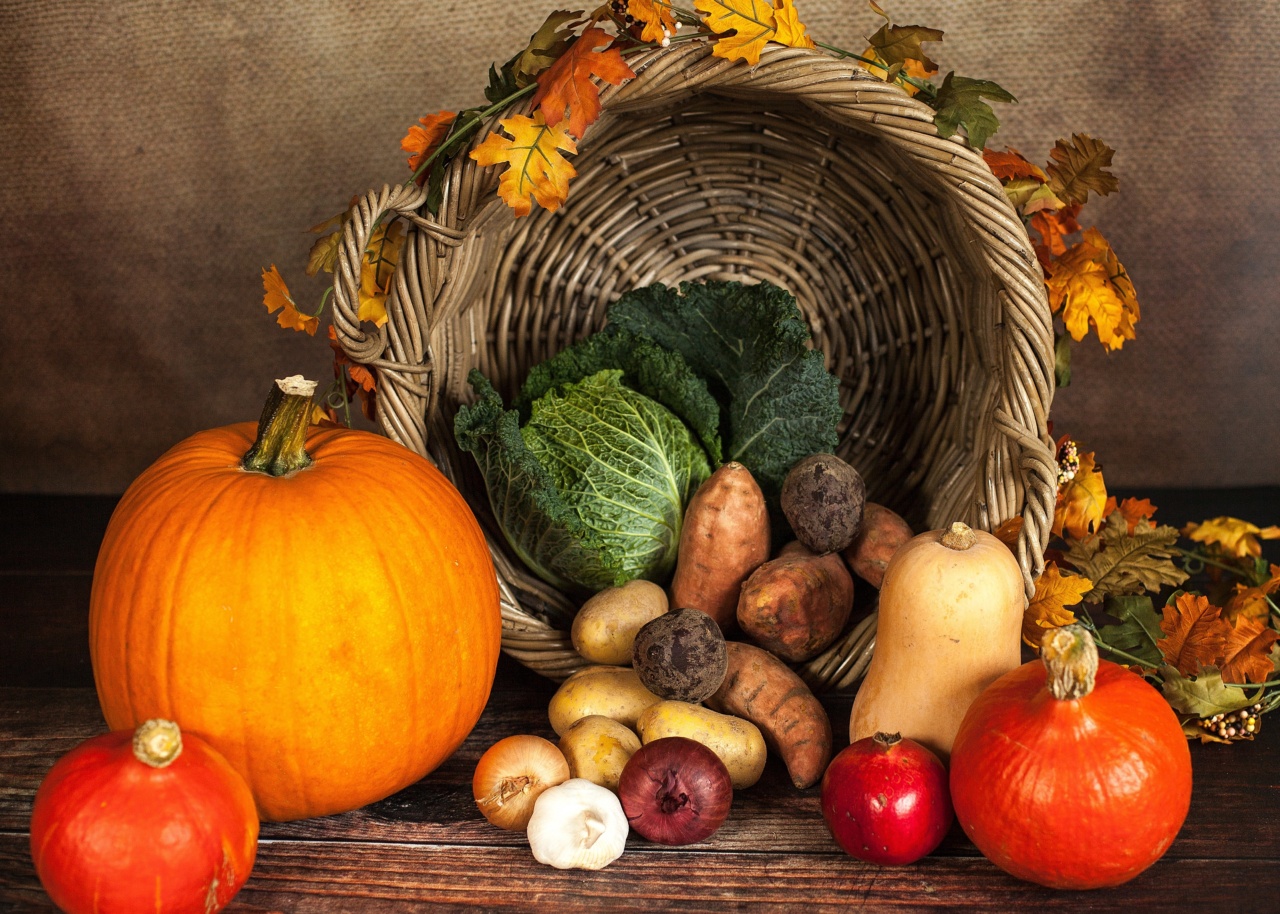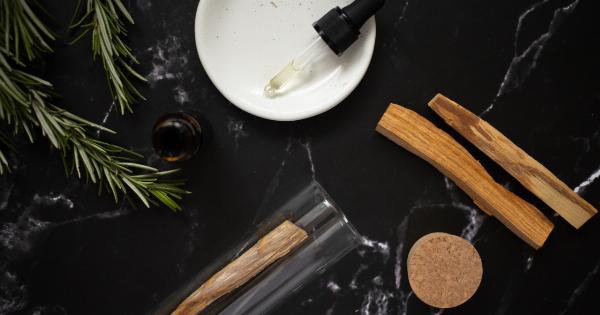Fruits and vegetables are essential for a healthy, balanced diet. It is recommended to have five servings of fruits and vegetables per day. However, it can be challenging to keep them fresh for a more extended period.
In this guide, we will share some easy tips to extend the life of your fruits and vegetables.
Store fruits and vegetables correctly
One of the essential things to keep your fruits and vegetables fresh is knowing how to store them correctly. The best way to store fruits and vegetables will depend on the type of produce. Here are some general guidelines:.
Keep them dry
To keep your fruits and vegetables from spoiling quickly, ensure that you dry them completely before storing. Moisture can cause bacteria and mold to grow, thus resulting in spoilage.
Also, keep fruits that release ethylene gas, such as apples, away from those that are sensitive to it, such as greens, broccoli, and cauliflower.
Store in the right temperature
Most fruits and vegetables need colder temperatures to remain fresh for an extended period. Others require room temperature for optimal freshness. Below are some guidelines:.
Refrigerate
- Fruits: berries, cherries, grapes, kiwifruit, mangoes, pineapples, avocados, melons, pears, and apples.
- Vegetables: broccoli, carrots, cauliflower, celery, cucumbers, green beans, herbs, leafy greens, peppers, and zucchini.
Store at room temperature
- Fruits: bananas, apricots, nectarines, peaches, plums, and tomatoes.
- Vegetables: onions, garlic, potatoes, sweet potatoes, and winter squash.
Use the correct storage containers
Another effective way to keep your fruits and vegetables fresh is by using the right containers. Below are some handy tips:.
- Plastic bags with small holes – use for leafy greens.
- Produce bags – ideal for fruits and vegetables that need refrigeration.
- Glass containers or sealed plastic bags – great for cut vegetables and fruits.
- Perforated plastic produce containers – great for storing berries.
Don’t wash before storing
It may seem like common sense to wash fruits and vegetables before storing them, but it is a mistake. Washing fruits and vegetables before you place them in the refrigerator traps moisture, which can breed unwanted bacteria and cause premature spoilage.
Instead, rinse just before consuming and ensure that they are dry.
Extend shelf life with simple techniques
There are several other tried-and-tested techniques that you can use to extend the shelf life of your fruits and vegetables. Below are some of the most effective:.
Freeze fruits and vegetables
Freezing is a fantastic option for preserving the life of your fruits and vegetables, especially when they are in peak season. Simply wash and chop them into smaller pieces, then place them in the freezer.
Frozen fruits and vegetables can be used to make smoothies, soups, and stews.
Blanch before freezing
Blanching vegetables before freezing helps to preserve their quality and nutritional value. Blanching (boiling water or steam) stops the enzymatic activity that leads to spoilage in vegetables. It also removes unwanted bacteria, dirt, and pesticides.
Ensure that you cool them quickly in icy water after blanching, then dry before freezing.
Canning
Canning is an excellent way of preserving fruits and vegetables for long-term use. Canning involves packing fruits and vegetables into jars, sealing, and then processing using heat to kill microorganisms that can cause spoilage.
Canned fruits and vegetables can last for several months or years, making it an ideal option for long-term storage.
Dehydrate
Dehydrating fruits and vegetables is another option to extend their shelf life. All you need is an oven, dehydrator or the sun. Dehydrating removes moisture from fruits and vegetables, which helps prevent bacteria and mold from forming.
Dried fruits and veggies can be stored for several months or more and can be used to make snacks, granola, or trail mix.
Conclusion
Preserving the freshness of fruits and vegetables is essential in enjoying their nutritional benefits and flavors.
Knowing how to store them correctly and using the techniques above will help you extend their shelf life and keep them fresh for more extended periods.































